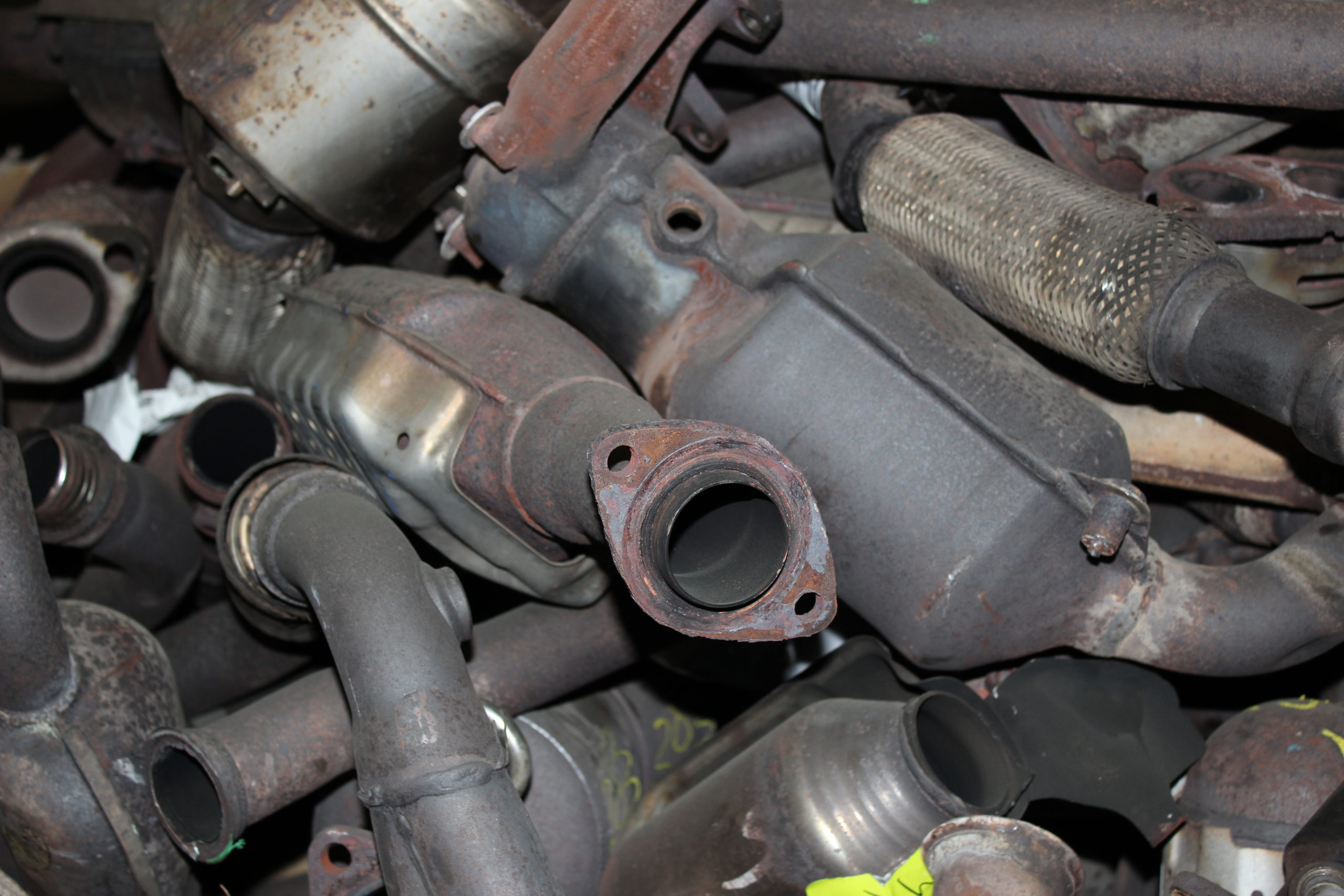A crackdown is underway to help battle the rise of catalytic converter theft, with data showing insurance claims are on the rise for the crime, according to an analysis by the Insurance Information Institute.
Increased black-market prices for the pollution-controlling motor vehicle part drive the thefts. The precious metals inside are valued at more than gold. The rare metals include palladium, platinum, and rhodium, which costs more than $10,000 per ounce.
According to data from the National Insurance Crime Bureau, converter thefts rose in 2021 by 1,298 cases from 52,206 thefts in 2018.
The NICB found a strong link between “times of crisis, limited resources, and disruption of the supply chain that drives these thefts.”
In late 2022, federal law enforcement officials announced a crackdown on the thefts.
Federal, state, and local law enforcement partners worked together to break up a network of thieves who were selling stolen catalytic converters to a metal refinery for tens of millions of dollars. The ring operated in nine states, from California to Virginia.
“This national network of criminals hurt victims across the country,” said FBI Director Christopher Wray. “They made hundreds of millions of dollars in the process—on the backs of thousands of innocent car owners.”
Lawmakers are also stepping up to crack down on the thefts. Some 26 states proposed bills in 2021 to limit the theft of catalytic converters.
Strict laws in some states require scrap metal merchants to maintain records of catalytic converter purchases. Minnesota created a Catalytic Converter Theft Prevention Program to investigate and prosecute these crimes.
Preventing CATAlytic converter Thefts
The NICB recommends several easy things you can do to protect yourself from catalytic converter thefts:
- Lock your vehicle and set the alarm if equipped.
- Park personal vehicles in a garage, if possible. If not possible, consider installing motion sensor security lights for your driveway.
- Park fleet trucks in an enclosed, secured, well-lighted, locked, and alarmed area.
- And install an anti-theft device.
Insurance will cover some catalytic converter thefts. The coverage would come from the optional comprehensive portion of your insurance policy. That provides coverage for damage to your vehicle not caused by a collision.
With any claim, the vehicle owner is responsible for paying a deductible. So the NICB recommends that drivers contact their insurer to report a theft and determine the best course of action.


